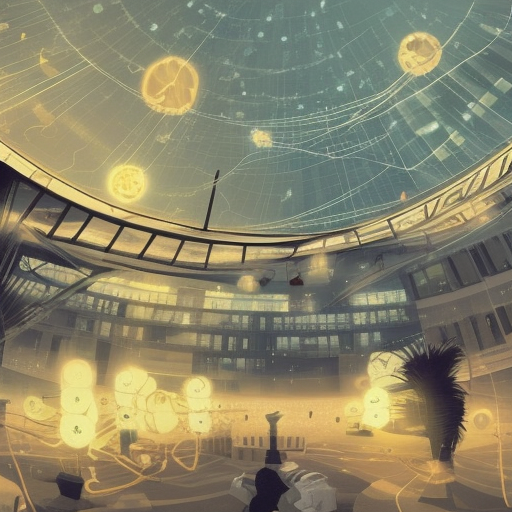
Some things can't be usefully posed as a normal market question. Questions like
Will Manifold go bankrupt before 2030?
Will I quit Manifold and delete my account before 2025?
Will there be global nuclear war before 2026?
are all going to have a strongly skewed probability, since the event coming to pass makes it almost guaranteed the market doesn't resolve. Since it can never resolve to NO, everyone may as well bet on YES, and the market's probability will trend towards 100% even if the average trader's actual subjective belief is much lower.
This market is an experiment for a way to get around that flaw. If it's still open at the beginning of 2026, it resolves to YES. At the beginning of each month between now and then (starting in January, so 36 total months), there is a [36th root of 0.99] ≈ 0.028% chance I will resolve it to NO.
So, if you're confident that this market will still exist at the beginning of 2026, you estimate a 99% chance that this market resolves to YES, and it's profitable for you to bet it up to 99%.
On the other hand if you're confident that Manifold will go bankrupt or we'll all be turned into paperclips before then, that means you predict this market can never resolves to YES but it might resolve to NO, and it's profitable for you to bet it down to near 0%.
There are some problems with this solution:
Traders with a 0% credance will bet all the way to 0%, but traders with a 100% credance will only bet up to 99%. So the market probability is still not an exact representation of average trader credance; it'll always display a slightly lower probability than traders actually believe.
If you have a more realistic credence of somewhere between 0% and 100%, your expected value depends on the distribution you assign over when it's most likely to stop existing. Someone who thinks there's a 10% of nuclear war within the next month and a 0% chance of anything bad happening after that will want to place different bets from someone who thinks there's a 10% chance of nuclear war occurring late 2025 and a 0% chance of anything bad happening before then, despite the fact that they both assign a 10% probability to this market no longer existing at the close date.
This market structure has no way to distinguish between different bad things happening. The difference between "Manifold goes bankrupt" and "the world is destroyed" is kinda relevant for most people, but there's no way to ask about the probability of just one of those things with this type of market; they all get lumped together.
Still, I haven't seen any better ideas, and knowing "there's a roughly X% chance that people think this market doesn't resolve for some reason" still seems useful. I've created a few markets of this type with different ending dates and probability ceilings to see what happens. (Let me know if you want to see any other tests and I'll add them here, such as a market with a non-flat distribution on the NO probability.)
Update 2025-06-11 (PST) (AI summary of creator comment): The creator has announced they are resolving this market to N/A. Please refer to their comment for the full reasoning.